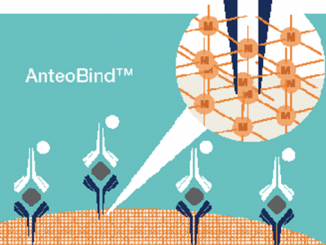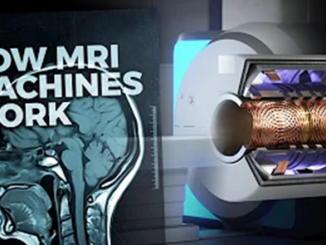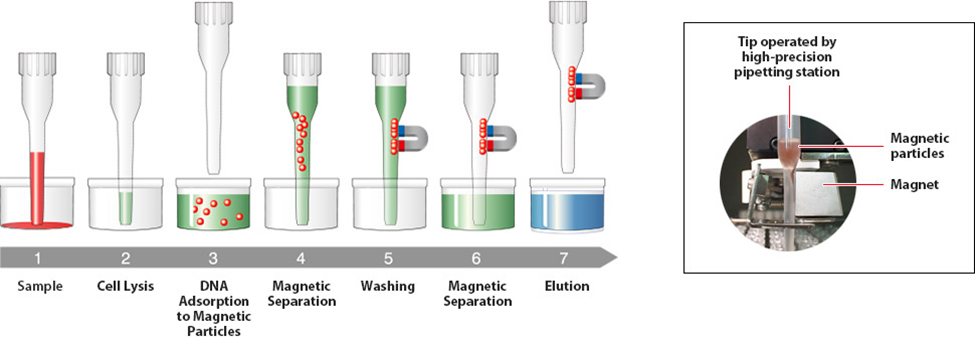
Automated magnetic extraction systems and reagents from Precision System Science are helping medical laboratories meet the increasing demand for faster and more precise extraction of DNA for vaccine and other applications, spurred especially by the spread of Covid-19 and other serious infectious diseases. The Japanese biotech company has been meeting the widespread expansion of the field of molecular biology for clinical purposes with its core technology, Magtration, an automated apparatus for extraction of DNA with magnetic particles that is coming into wider use globally.
PSS produces its own brand of products as well as versions for other biotech manufacturers. One factor expected to drive continuing growth is its business alliance with Hitachi High-Technologies, established in 2017. In addition, it has developed new preLEAD multi-sample simultaneous nucleic acid extractors and has been supporting large volumes and high-throughput demand fields, thus expanding the use of its Magtration technology.
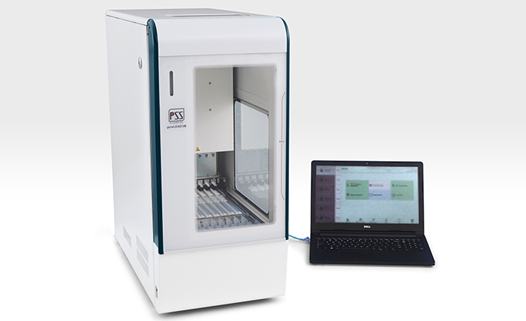
Its geneLEAD VIII, for example, is a fully automated, sample-to-result precision instrument, standing about 30 inches high. Samples, reagents and consumables are placed inside and the assay is started. Nucleic acids are obtained from the samples using magnetic bead extraction by Magtration. Upon completion the nucleic acids are transferred to the polymerase chain reaction (PCR) well, the PCR master mix is added and thermal cycling started. Results are analyzed and reported directly by the instrument and can be accessed remotely.
Bringing its Magtration automation to genetic testing
Clinical diagnosis, which is useful in diagnosis and prognosis of illness, has been practiced widely and routinely in the world, explains the company. There are in-vivo and in-vitro diagnoses in this field, and the in-vitro diagnosis methods are largely separated to biochemical testing, immunological serum testing and genetic testing, and the biochemical and immunological serum testing, which have been used for a long time, have been already mostly automated.
In contrast, however, the development of full automation in genetic testing has lagged far behind those of biochemical and immunological serum tests due to complexity of detection technology and difficulty of gene handling even though automation of each testing process is relatively automated.
In their product development, PSS scientists and engineers focused on magnetic particles already practically used as an ultimate immobilization material in automating immunological serum tests and studied automation of the extraction process needed for genetic tests. As a result, PSS invented a control technique of magnetic particles by using a device based on a conventional X-Y-Z-axis robot-type pipetting machine. It has a specially-shaped plastic disposable tip and a magnet automatically detachable outside the tip. This constitutes its core Magtration technology.
In the device, a sample is first drawn up into a specially shaped tip, which is loaded into a nozzle. The sample is then dispensed into a well containing reagent and mixed by aspirating and dispensing repeatedly. The magnetic particles can be effectively separated and captured on the inner wall of the pipette tip by a magnet that comes into contact with the tip at the region with optimal diameter during aspirating or dispensing operation. Moving the separated particles to the next well and repeating the aspirating/dispensing operation can lead to effective re-suspending or washing of the magnetic particles. Eliminating the risk of cross-contamination was achieved by operation without bubbling or scattering because the tip end is immersed in the liquid during this process.
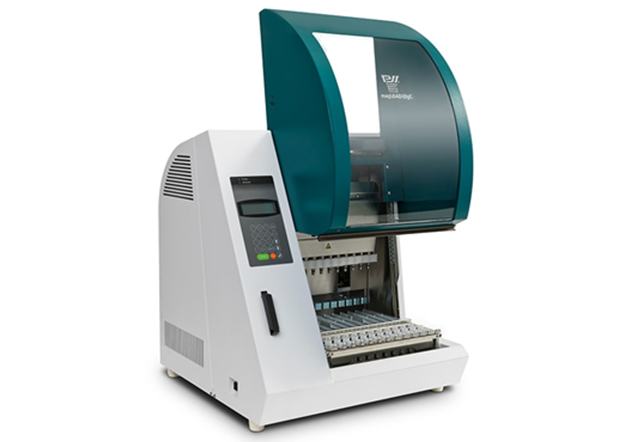
The company’s magLEAD 12gC is a fully automated nucleic acid extraction instrument. A compact bench top system, it can simultaneously process up to 12 samples. The risk of cross contamination is eliminated by the usage of pre-filled reagents and single use disposables. The instrument allows the isolation of nucleic acid within a short period of time.
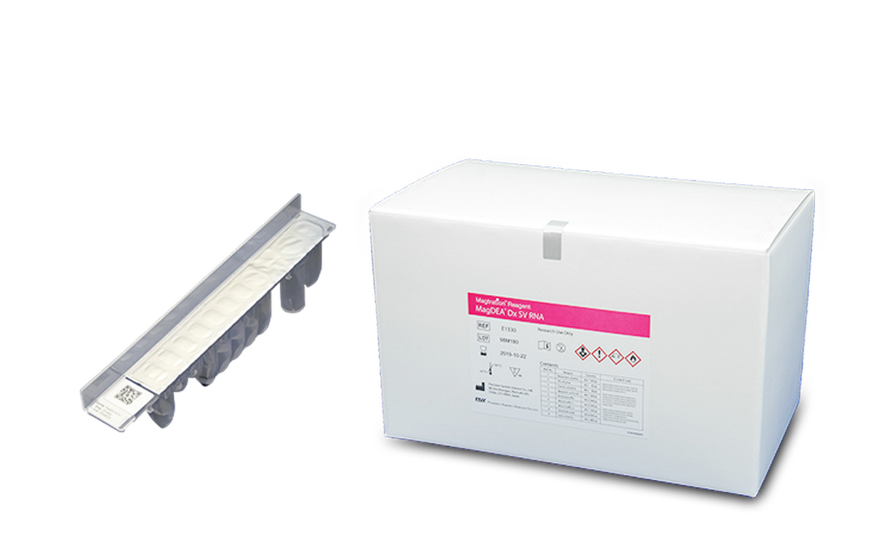
MagDEA Dx SV RNA, one of several magnetic bead reagents produced by the company, is a total RNA extraction reagent developed for its fully automated systems. All reagents required for nucleic acid extraction are pre-filled in a cartridge, and lyophilized DNase I is pre-filled per test in a dedicated tube. Using this kit with the fully automated systems allows simple and user-friendly extraction of high-quality total RNA with high reproducibility at minimal hands-on time.
Based in the city of Matsudo near Tokyo, PSS has about 100 employees, also offices in Germany and USA. It commercialized the Magtration technology in 1995 and has since provided its automated DNA extraction systems to other health care equipment companies including Roche Diagnostics in Germany, Genovision (now Qiagen) in Norway and Magnetic Biosolution of Sweden.
It serves as a development and manufacturing partner for numerous life science companies. Since its first OEM partnership in 1996, PSS has worked with over 10 companies forming OEM partnerships and delivering over 20,000 instruments worldwide. One of its partners, ELITechGroup of France, recently marked the 1,000th installation of a 12-unit device which PSS supplies to it on an OEM basis. It serves as a versatile genetic diagnostic system for various diseases or cancer. For more info, see www.pss.co.jp and www.pssbio.com.

